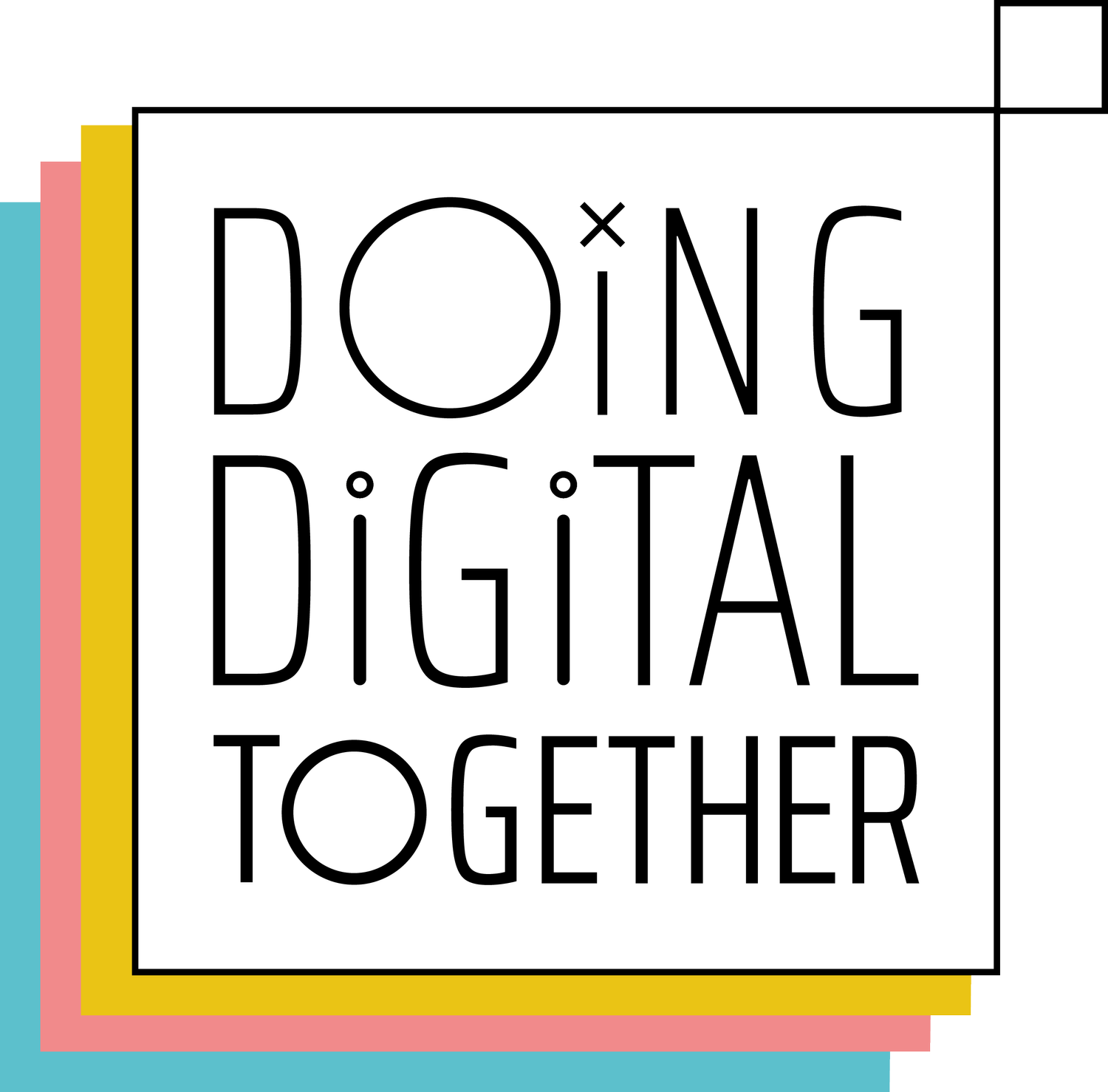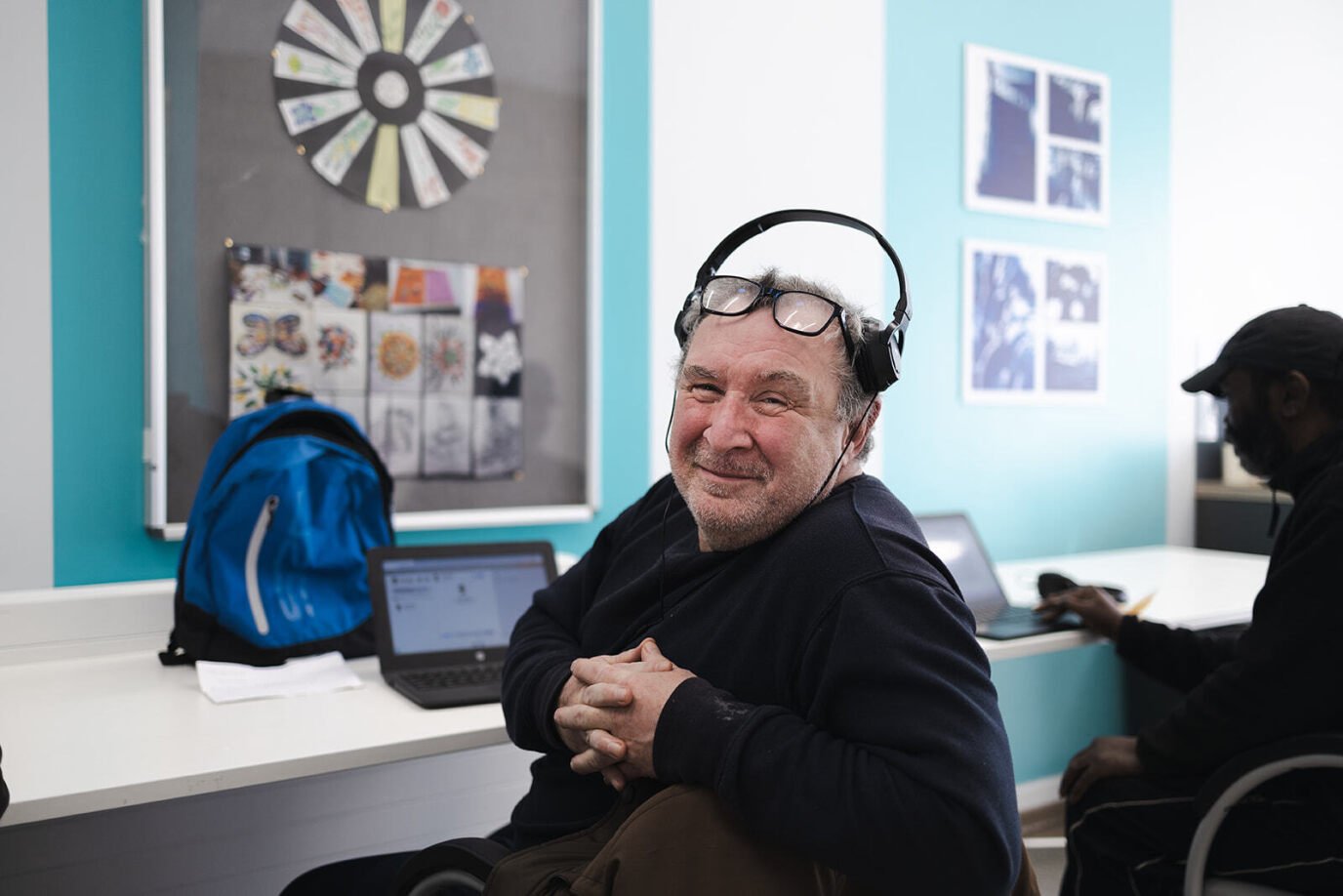COMMUNITY WI-FI
Challenging digital exclusion by improving connectivity in social housing, at no cost to residents.
Everybody deserves to benefit from the opportunities that the digital world offers. Every aspect of our lives is impacted by our ability to access digital spaces: culture, entertainment, healthcare, education, employment, vital services and more. In Greater Manchester, over 450,000 people are classified as “non-users” of the Internet, lacking the connectivity, resources, and digital skills necessary to navigate the online world. A disproportionate number of those affected live in social housing.
We don’t believe that anybody should be shut out of digital spaces and miss out on the means to achieve their full potential. The first step to tackling digital exclusion is to identify and address the key barriers preventing people from using the Internet.
A research pilot carried out by the Greater Manchester Combined Authority revealed that the expense of even the most economical broadband and phone packages would be prohibitively expensive to people on a lower income. In Manchester alone, 21% of households have less than £30 monthly after essential bills and expenses, excluding internet connectivity. Internet, in these circumstances, might be considered an unnecessary luxury.
The Digital Inclusion Community Wi-Fi project explores avenues to improve digital connectivity in social housing, while alleviating the financial pressure on residents. Many communities are locked out from the advantages offered by the digital world. We want to level the playing field by guaranteeing a minimum digital living standard for those most at risk of digital exclusion.
“Many communities are locked out from the advantages offered by the digital world.”
Over the next year, we are collaborating with social housing providers to pilot a wireless network (“mesh”) within the local areas, focusing on neighbourhoods identified from the Digital Exclusion Index as most in need of support. Our vision is for social housing residents in those areas to be able to connect to the Internet, free of charge.
Access, however, is not enough. Without the skills, knowledge, and resources to navigate the Internet effectively, levels of connectivity are meaningless. Residents will be supported to successfully engage with the network through a comprehensive social support programme. Including digital skills help, a device lending and donation scheme, and training programmes for residents interested in learning how to build and maintain the network infrastructure (“mesh engineering”), we want to empower people in our city to use and access the Internet in whatever way they choose.
A digitally inclusive city is a more successful one, enabling its people to learn, innovate, achieve, and contribute to our digital future.



